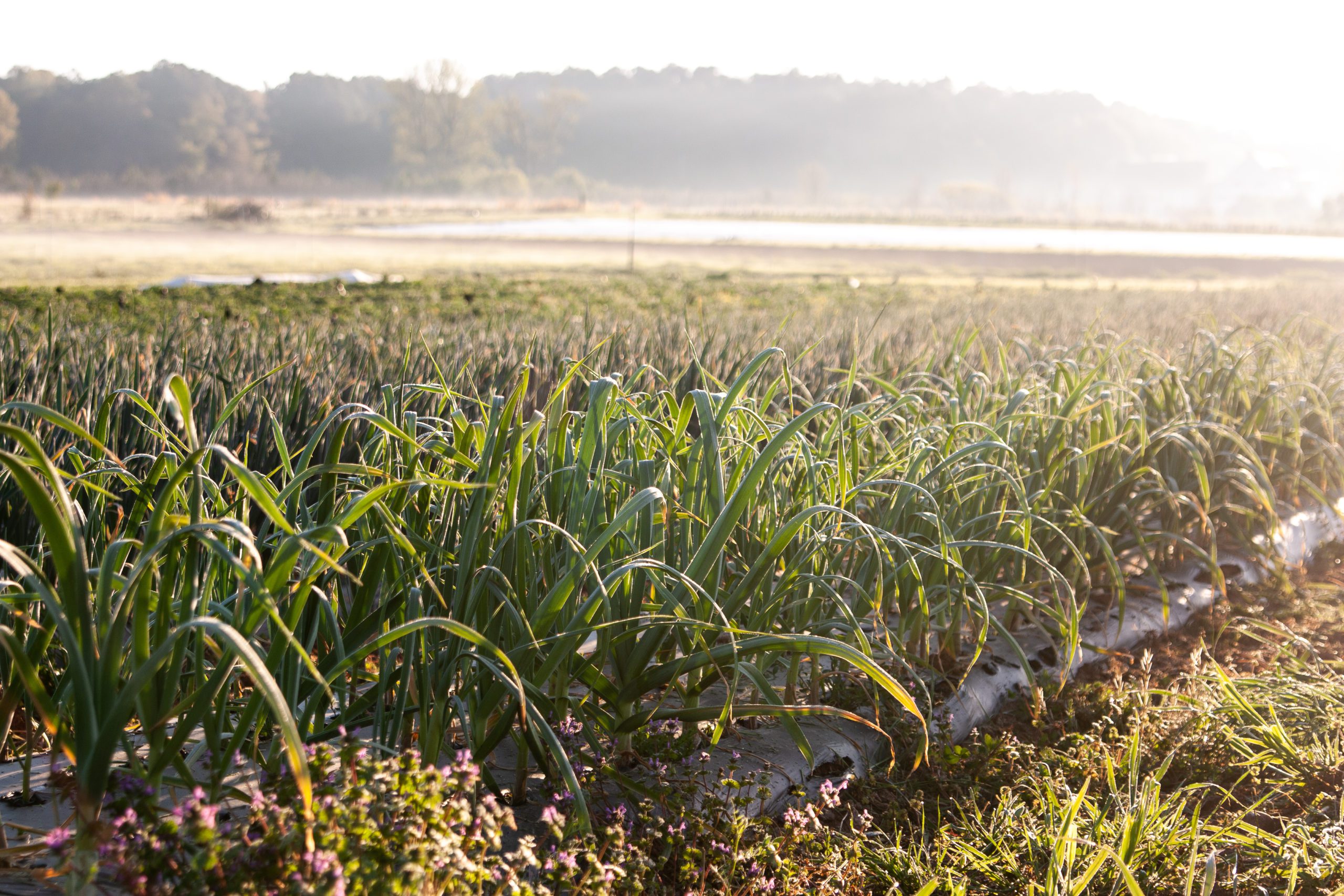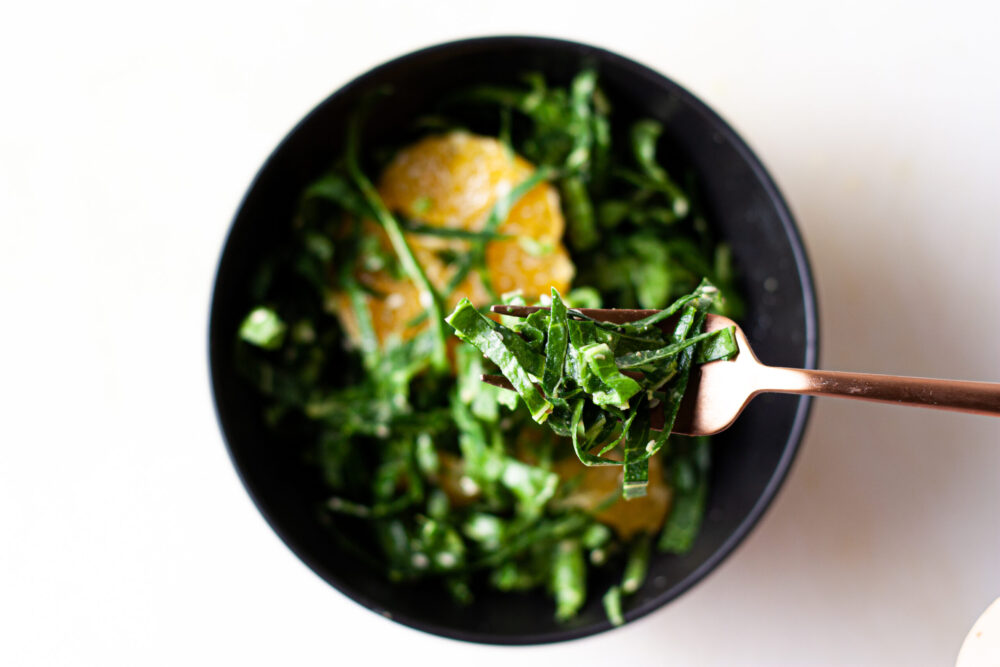May 2022
This will be my tenth time entering into the sweltering summer season since starting Fresh Harvest in 2012. I’ve had the privilege of building out your baskets every week along the way, and I must say I’m more excited about this summer than any in our history.
Ok, so I’m actually pretty ignorant when it comes to forecasting the future. However, give me a short timeline and some vegetables and I can get fairly close. So let’s talk about your grocery budget this summer.
What if your groceries weren’t as susceptible to the inflation affecting our macroeconomy because your supply chain had fewer links? And what if summertime wasn’t the season in which FH customers ordered most irregularly?
Number one. As you’ve probably heard, we’re experiencing the “largest inflation surge in 40 years,” and our grocery bills are feeling it. Did you know on average Americans spend 9% of their disposable income on food? That delectable dollar isn’t going quite as far these days. However, in the global food system that is often due to supply chain issues as a result of shipping food all around the world.
Well, at FH, 80% of what we put in our baskets throughout the year comes from an average of 67 miles away. That’s an internal metric we fight for. Have we ever told you that? It’s the main reason we’re different.
Because of that, our supply chain (awesome local farmers hopping in a delivery van) isn’t nearly as affected by these issues. There are fewer links on a much shorter chain. Yes, they also experience the higher gas prices and increased cost of inputs needed to grow tasty veggies so prices don’t stay the same forever; but again, fewer links means fewer breakdowns and fewer exchanges.
Number two. In the season of the year where the Georgia climate shows off the most, we actually have fewer weekly deliveries. We know it’s coming because, hey, I like to go to the beach too. But have you thought about how skipping a few weeks here or there and going to Whole Wallet because it’s easier than planning ahead affects the people growing the food we eat? That means fewer tomatoes bought from local growers. That means less okra harvested. Let’s think about what we’re missing out on before we click that skip button. It’s not because we want to see more green bins floating around these streets, but because this is our time to shine and really support Georgia farmers during their most prolific season.
Farmer Nicolas gave us a great tour of Crystal Organic Farm this past weekend. In the midst of talking about managing pests, tornadoes ripping up hoop houses, and the bazillion factors (literally) that determine soil health, he used one of my favorite words several times. “Predictable.” Ah, just let that wash over you. To look into the future and know what’s coming. To be able to expect the outcome. Because of you, Fresh Harvest customers, he sees farming as predictable. He sees his business plan as predictable. He sees the results from his hard work in the summer sun as predictable. He looks at his great team and can write their pay checks predictably. So here’s a challenge to all of us. Let’s be as predictable as we can with our grocery budgets over the next 3 months.
Things that are ten years in the making are coming to fruition. I cannot thank you enough for your support!




